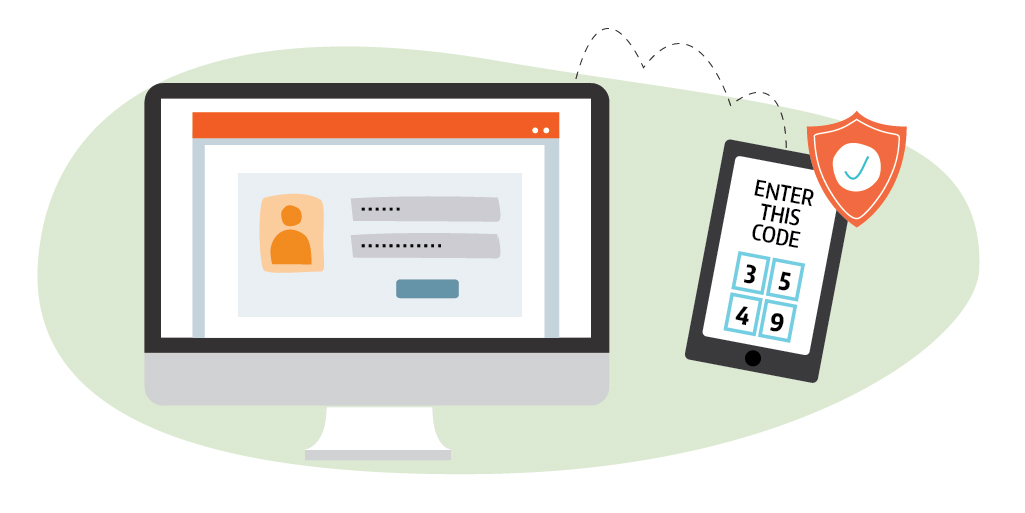
Passwords are important to keep accounts private and secure. Keep in mind that you should follow security best practices when using passwords:
- Don’t share them with anyone
- Longer=stronger
- Use a unique password for each site or app
- Enable 2-factor authentication whenever possible for an added layer of protection
- Keep track of them with a password manager
Passwords are the first layer of defense in safeguarding your data. Data breaches happen on a regular basis. Our online activity often requires us to login and enter personal/sensitive information. Have you ever become a part of a data breach and one of the data components stolen included your password? Most companies that suffer this compromise will disclose the activity publicly and may contact the affected user as well.
Some web browsers have the capability for detecting exposed passwords. Google Chrome has this through its Password Manager. The site, Haveibeenpwned?, allows you to enter an email to check if it has been exposed to a data leak.
Taking the necessary steps to limit your exposure on the Internet includes using secure browsing (https://), avoid storing passwords in web browsers, setting a strong, unique password, enabling 2FA and limiting the amount of personal information that is entered. You may want to consider a passkey, security token, biometrics or one-time codes. So that said, you still are relying on the site/vendor to be securing this data on the other end. Leaks happen. If you become a victim, follow best practices as described above and change your password immediately!
